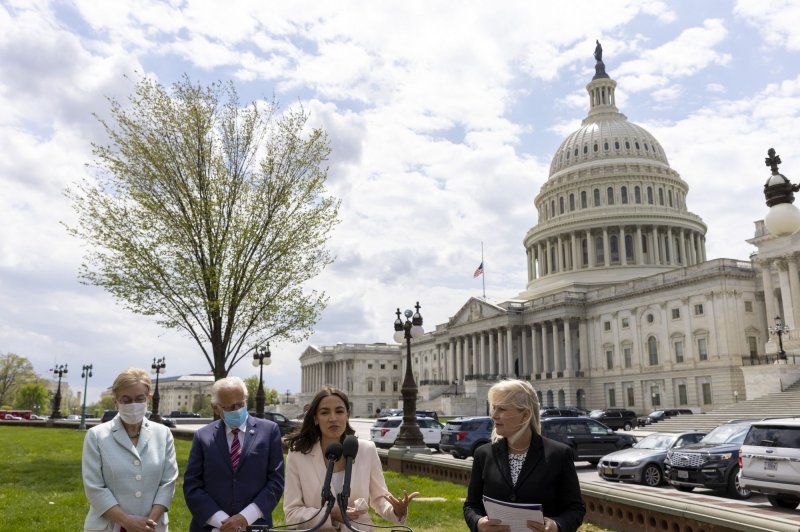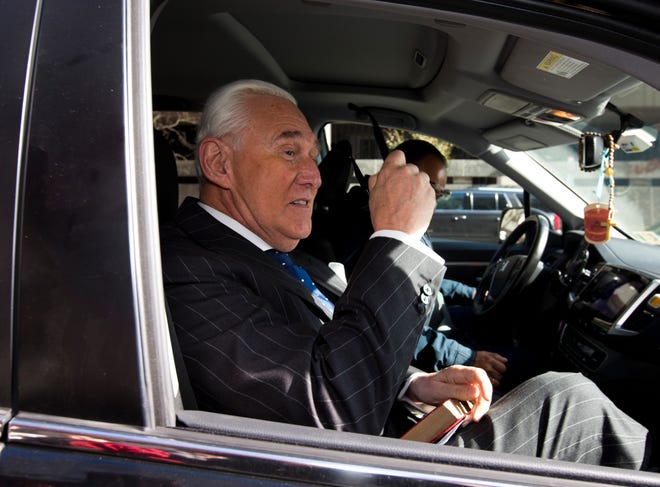Suncor fined $100K for gas release at Edmonton Refinery
CBC/Radio-Canada
4/16/2021



© Jason Franson/The Canadian Press The release of hydrogen sulphide at Suncor's Edmonton Refinery took place in July 2018.
Suncor Energy pleaded guilty to one count of breaking Alberta's environmental protection law after a release of a poisonous gas at its refinery just east of Edmonton.
A provincial court fined the Calgary-based energy giant $100,000 for the unauthorized release of hydrogen sulphide gas on July 18, 2018.
The gas release took place when a valve in the refinery's coker unit was not fully closed during the steam drying phase, a news release from Alberta Environment and Parks said Friday.
Hydrogen sulphide is a poisonous flammable gas that smells like rotten eggs and can cause chest pain, difficulty breathing, vomiting and headaches.
Most of the fine will go to a "creative sentencing project" with the Strathcona Community Hospital Foundation for the purchase of long-lasting respiratory support medical equipment, the release said.
Suncor was scheduled to appear in Sherwood Park Provincial Court on Friday to face seven charges under the Environmental Protection and Enhancement Act related to the 2018 incident.
The company pleaded guilty to one count of breaching an approval requiring that no unauthorized air effluent streams be released into the atmosphere.
The refinery is located just west of Anthony Henday Drive in Sherwood Park.
Suncor Energy pleaded guilty to one count of breaking Alberta's environmental protection law after a release of a poisonous gas at its refinery just east of Edmonton.
A provincial court fined the Calgary-based energy giant $100,000 for the unauthorized release of hydrogen sulphide gas on July 18, 2018.
The gas release took place when a valve in the refinery's coker unit was not fully closed during the steam drying phase, a news release from Alberta Environment and Parks said Friday.
Hydrogen sulphide is a poisonous flammable gas that smells like rotten eggs and can cause chest pain, difficulty breathing, vomiting and headaches.
Most of the fine will go to a "creative sentencing project" with the Strathcona Community Hospital Foundation for the purchase of long-lasting respiratory support medical equipment, the release said.
Suncor was scheduled to appear in Sherwood Park Provincial Court on Friday to face seven charges under the Environmental Protection and Enhancement Act related to the 2018 incident.
The company pleaded guilty to one count of breaching an approval requiring that no unauthorized air effluent streams be released into the atmosphere.
The refinery is located just west of Anthony Henday Drive in Sherwood Park.













